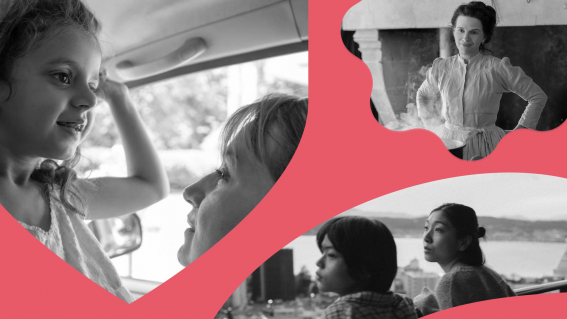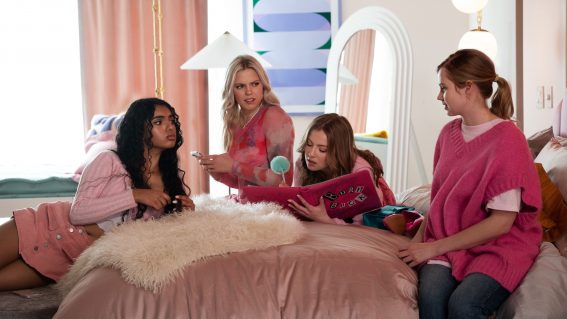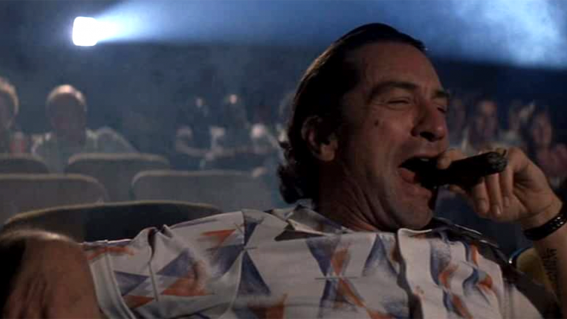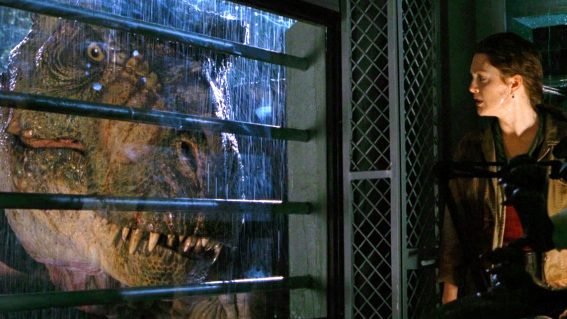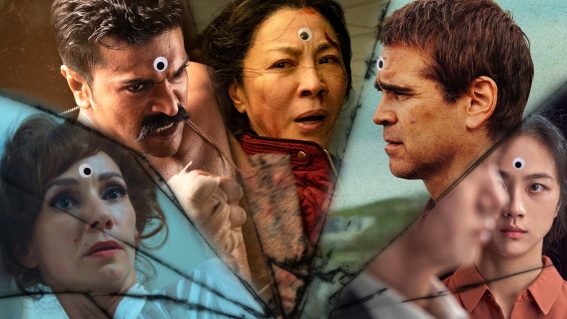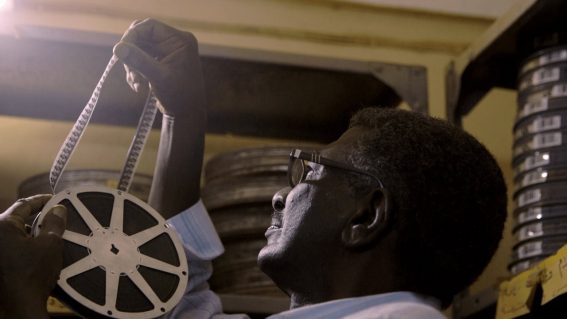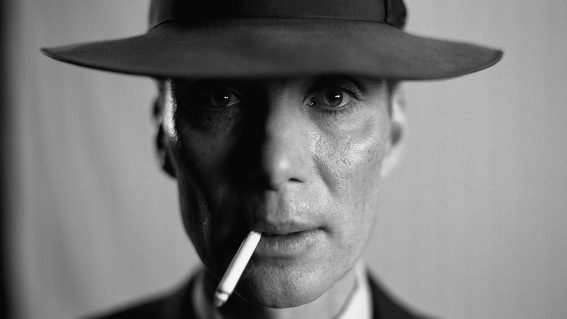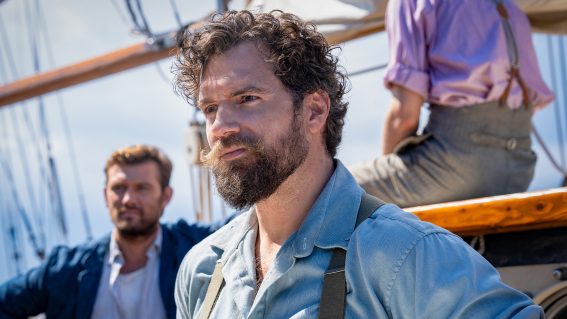One of the best films this year, The Woman King celebrates Black women’s power, pride and poise
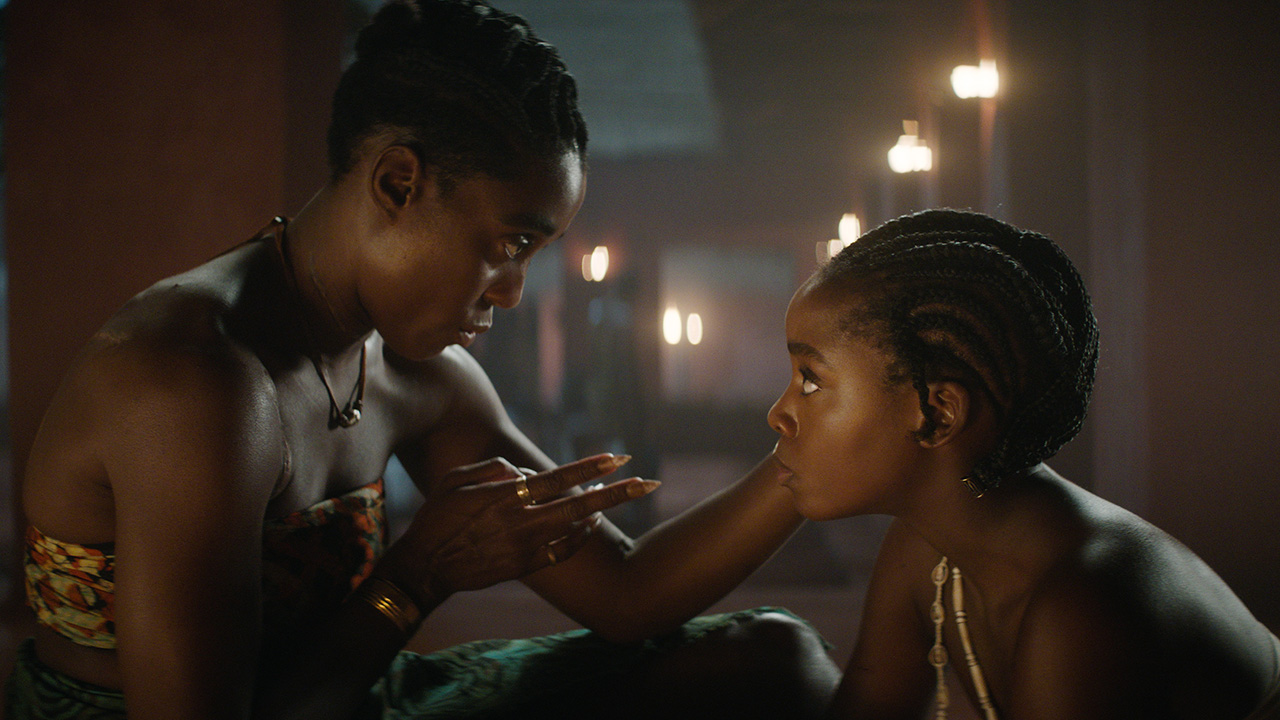
Oscar winner Viola Davis leads historical epic The Woman King, inspired by the true events that happened in one of the most powerful states of Africa in the 18th and 19th centuries. Katie Smith-Wong writes about the power, pride and poise behind one of the best films this year.
The Woman King
Between the 1600s and 1904, the Dahomey Amazons were an all-female warrior tribe in West Africa. Under the rule of King Ghezo, they were an integral part of his military forces and battled in slave raids. Now, the army serves as the inspiration for the latest film by The Old Guard director Gina Prince-Bythewood.
Starring Viola Davis, Lashana Lynch and John Boyega, The Woman King follows the Amazons, also known as the Agojie. The tribe is led by General Nanisca (Davis) as the Kingdom of Dahomey, led by King Ghezo (Boyega) prepares to go to war with the Oyo Empire. Nanisca is in need of extra soldiers and begins training a new generation of recruits—among them includes the strong-willed Nawi (The Underground Railroad‘s Thuso Mbedu), who was offered by her father for refusing to marry her (much older) suitors.
From the outset, the film establishes itself not only as a celebration of women. Part of this is driven by the theme of privilege or entitlement versus earning respect. While there are male soldiers in Dahomey’s royal forces, the Agojie are considered the elite and lead the charge in battle. At court, Nanisca has more power than Ghezo’s wife, who is resentful of the attention she receives from the king—but this is because the General has earned his respect, rather than lure him with refined looks and scheming whispers. This empowerment dispels the illusion that women are nothing more than wives and mothers and that Black women can only play supporting roles in Hollywood.
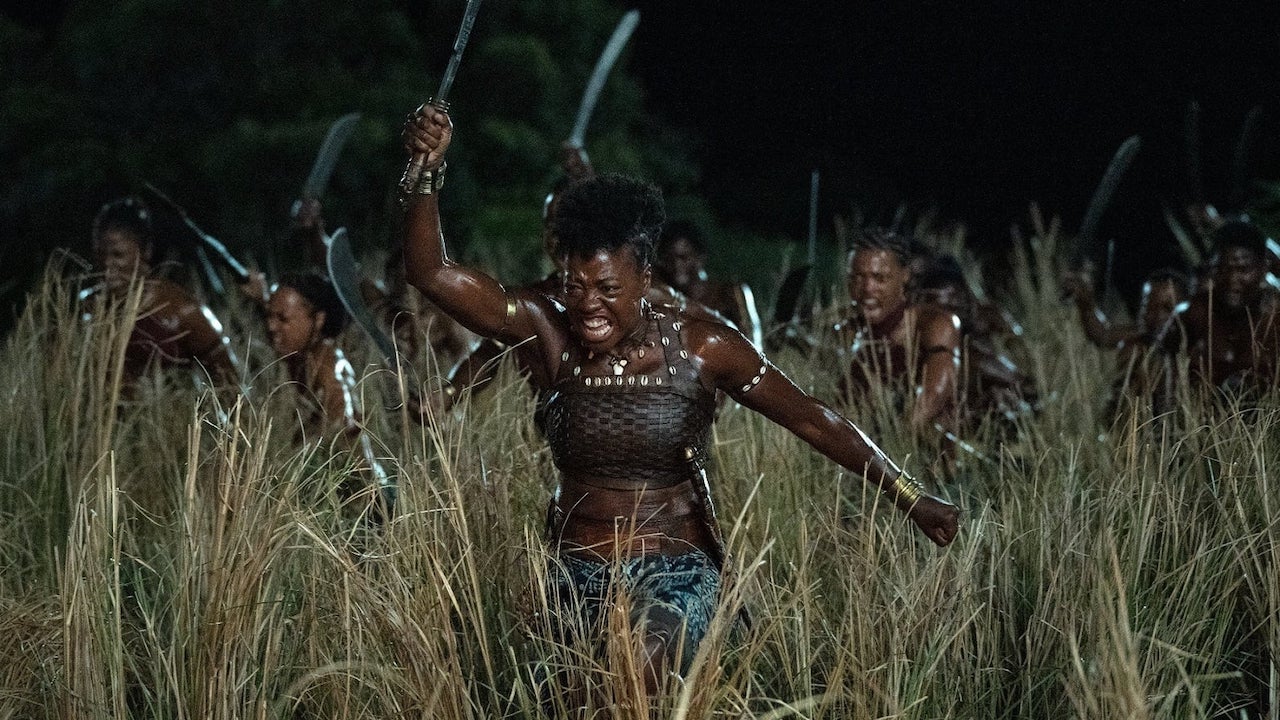
The consistent sense of sisterhood reinforces this empowered feeling throughout the film. While older and more established warriors inspire and support new recruits on-screen, Prince-Bythewood’s crew includes notable female artists and people of colour (such as South African make-up artist Babalwa Mtshiselwa) to support this diverse and female-led production.
In addition, the film is brimming with pride behind the film’s African identity. Whether it is through costume, dance, music or production design, especially in the castle, there is a beautiful backdrop that is only momentarily married by certain scenes—it being a historical film set in West Africa means the inclusion of plot elements considered questionable to modern audiences such as slavery, child marriage, rape and the treatment of Africans by traders and foreigners. However, they are necessary yet fleeting evils to develop and build layers within the narrative that actually feed the spirits of its characters.
Davis rocks each scene she has with such power and command that leaves little room for complacency—as soon as the film opens, Nansica establishes herself as a formidable force who is not to be feared or underestimated. Yet with her unflappable stance, Davis exudes a wounded sense of melancholy and shares beautiful on-screen chemistry with Mbedu’s Nawi, which allows their relationship to develop gradually.
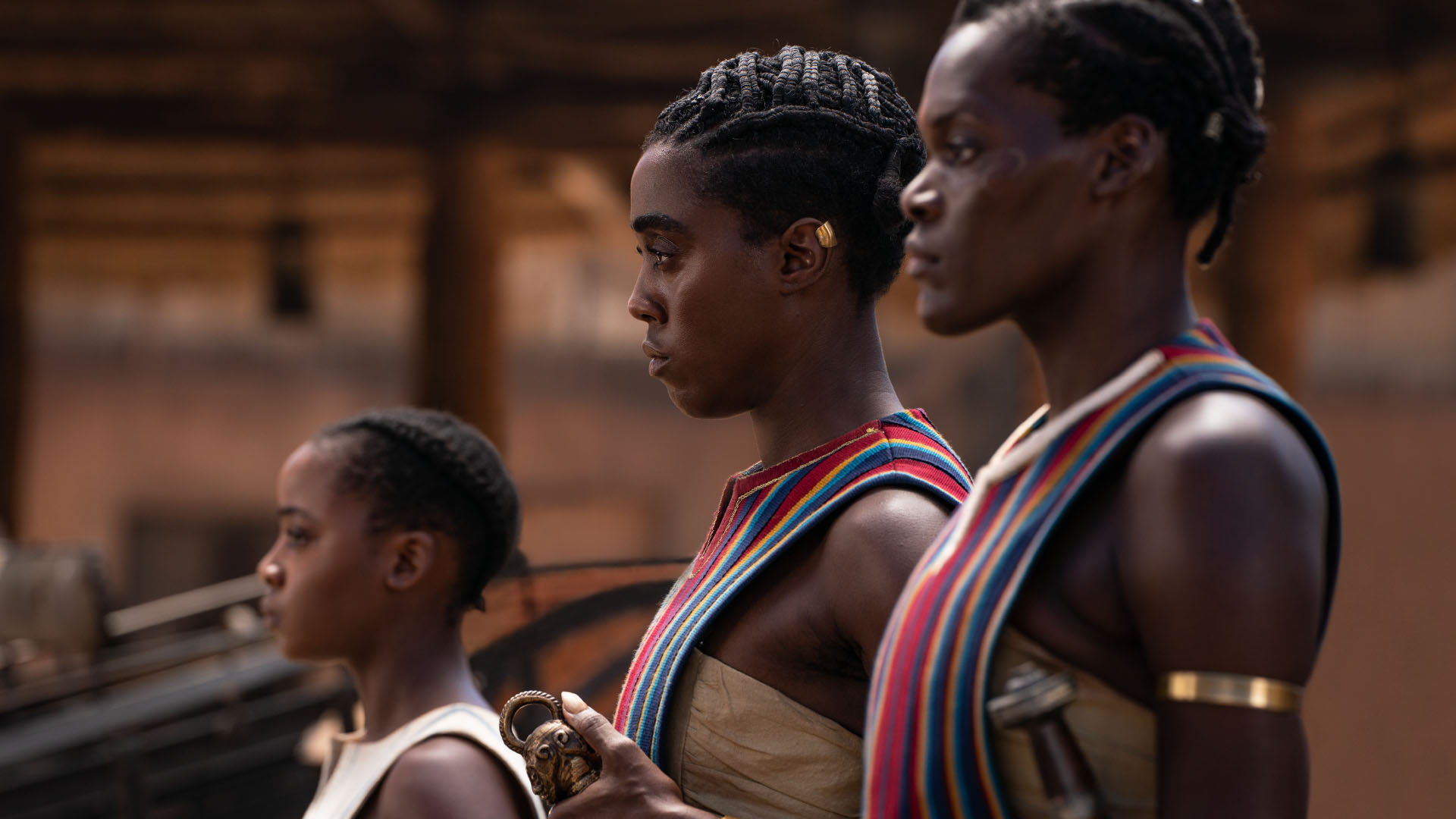
As for Mbedu, she is a star in the making by conveying the innocence of a naive young woman but possessing a fierceness without sacrificing her heart and compassion towards others. Meanwhile, Lynch serves a big FU to the haters that she wouldn’t make a great Bond, bringing humour, heart and physicality in her performance as Izogie.
While Boyega delivers a sense of whimsy as Ghezo, he displays an intensity that reinforces the authority of his character. Despite being the King, he doesn’t try and overshadow any of the female characters—instead, he seems content to govern and sit proudly while his female army calls the shots.
Although it momentarily dips into melodrama, Dana Stevens’ screenplay focuses on the strength of its people—despite everything, they can hold their heads up high and take on anyone who looks down on or underestimates their humble lives. Meanwhile, Polly Morgan’s cinematography and Jénel Stevens’ fight choreography are on par with any of their big screen contemporaries. Conveying the Agojie’s fierceness and grace, each actress takes on each fight scene with balls reminiscent of Themyscira’s beach battle scene in Patty Jenkins’ Wonder Woman.
2022 is proving to be the year of female-driven narratives, with Turning Red, Everything Everywhere All at Once, Fresh and Don’t Worry Darling making an impact. But The Woman King brings it to another level that celebrates Black women through its power, pride and poise to create one of the best films this year.





